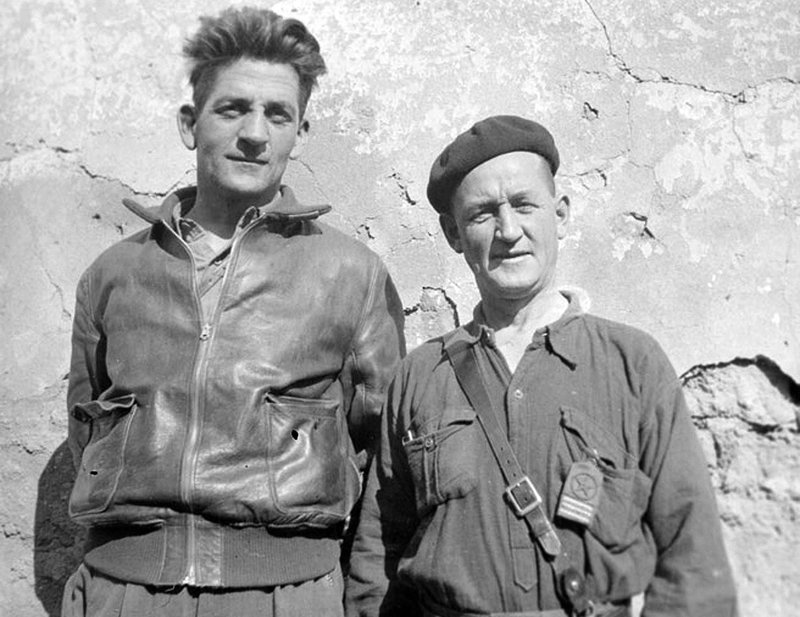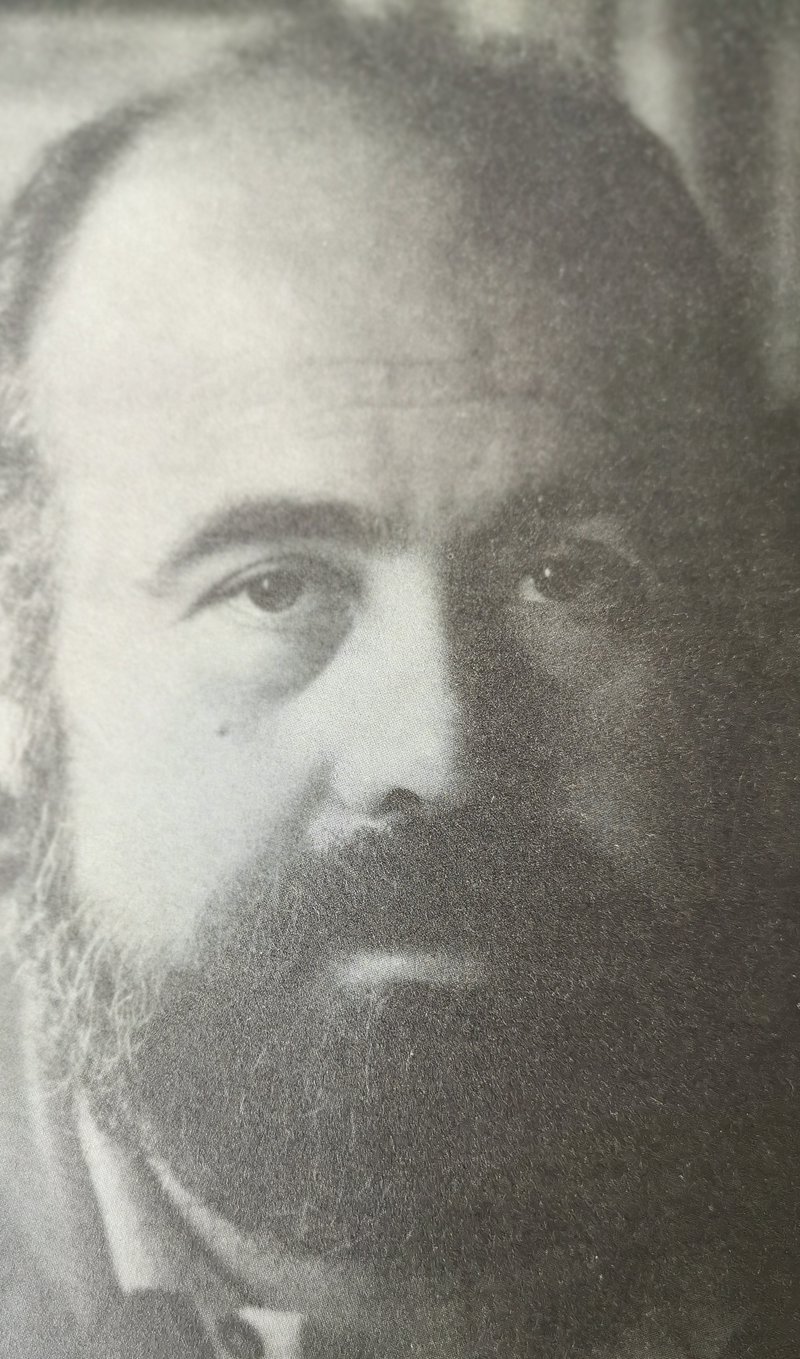Interview
Manuel Quinto
Sharing life with Jimmy Jump
Manuel Quinto, a Catalan writer of original, humorous crime novels and a passionate film expert, told me some years ago of his friendship with the International Brigader Jimmy Jump. When James Jump’s memoirs were published, I remembered and rang Manuel. He was happy to do an interview: “anything for Jimmy Jump”
“He spoke Spanish well, though with an accent” “He was in love with Spain and Spanish culture”
“Jimmy was a very agreeable person, someone who had lived a lot” “I speak little English, but I find his poems are excellent”
Can you tell me, Manuel, how you met Jimmy Jump?
It was down to a book I published, La hora de Nicolás. Originally it was a short story that won a prize in Bilbao, during the Franco era. It was a story of a poor wretch who was fought as if he were a bull until they killed him. I set the story in an anonymous banana republic. Well it couldn’t be published at that time because of a censorship problem and a few years later I expanded it to a short novel and it was published.
After the dictatorship?
Yes, the novel came out in 1983. Jimmy read a review in the international edition of El País, in the days when everyone read El País, and he was intrigued. He thought I was referring to an incident in the Civil War, when some falangists in Extremadura had in fact used quite a well-known bull-fighter to fight and kill a man. Afterwards they tried to cover the scandal up, but it was a story that was known. Jimmy contacted the publisher and then phoned me. He spoke Spanish well, though with an accent, like all you English-speakers. Jimmy came to Barcelona and I invited him to stay with us in Manresa. And I visited him, too, in a town near London for 10 days. He lived by the sea, at the mouth of the river. I like swimming but the water was filthy. I went into London every day on those wonderful trains, which stopped at Liverpool Street. I had a great time. And I was lucky, I had money while I was there, because British Airways lost my suitcase. In those days you had the right to £25 a day while your case was lost. And I didn’t get the case back until after I’d returned to Manresa. Jimmy lent me a few shirts and I went to buy some trousers. The £25 a day paid for trips to the theatre – musicals – and we ate well in restaurants. Jimmy wasn’t very mobile because he had a wooden leg. He was wounded in the war, but he didn’t lose his leg until he was much older, because of circulation problems. He was a soldier who left the war with two legs, but over time the war and the wound caught up with him.
In fact, on the last page of the book, he explains that he was limping when he reached Victoria station on his return from Spain. He was all right but his ankle was sore.
He limped with the wooden leg, too. I went into London every day and he came sometimes, but usually he stayed at home. He didn’t walk a lot and he watched the cricket, the most boring sport I’ve ever seen.
Better than football.
False! He was watching a long match at home and tried to teach me everything, but it’s more complicated than it looks, right?
What did you talk about, apart from cricket and the theatre. Politics, I imagine?
Yes. He wasn’t someone who overwhelmed you with politics all the time, but we talked about Spain and England. He was in love with Spain and Spanish culture. His idol, I remember, was Clement Attlee. Jimmy was on the left wing of the Labour Party, a radical Labour man.
So he hadn’t remained in the Communist Party? In the war, according to his book, he joined the Communist Party.
When I knew him, he didn’t talk about the communists. He always talked about his model of socialism, which was the Welfare State and Attlee. His bête noire was Thatcher.
What was he like?
Physically, he was not quite as tall as me and I measure one metre eighty. When I knew him, the most obvious thing was that he was a little bent because of his leg. He wore very thick glasses, as his eyesight was poor. Above all, Jimmy was a very agreeable person, someone who had lived a lot and had used what he had lived through to understand other people. Very attentive to what you said and not for any favours, but to assimilate your words. A truly kind person, who shared, suffered or enjoyed life with you, you know? And when he visited Manresa all our friends were delighted by him and became his friends.
So he visited Manresa often?
Yes, he came quite often. He lived alone in London and he came alone. One day in one of those Carnival dances he dressed up as a priest. I can still see him dancing, with his long, black cassock and wooden leg, and delighting all the pretty young women. He was a lot older than us, but got on with everyone. I’ve got some poems of his that he gave me. I speak little English, but I can read his poems and find they are excellent.
My first impression was that the poems were slight, but when you re-read them they are powerful.
They are very simple. He talks of the war in human terms, the comrade beside me, feeling afraid because we have to attack tomorrow, things like this that are very basic for combatants. There’s no patriotic exaltation. And when you realise how much they suffered, it hits you – the ideas they had and what they were doing at that time, for Spain and for Europe.
For sure. Short, direct poems, like the book, with no self-glorification.
That’s it. You’re a fighter in the war, but everyone still has all their personal problems; and he expresses solidarity with his comrades. Solidarity’s something that I imagine occurs in war, but there are few people who can express it. Jimmy could.
interview books
Leave a comment
Sign in.
Sign in if you are already a verified reader.
I want to become verified reader.
To leave comments on the website you must be a verified reader.
Note: To leave comments on the website you must be a verified reader and accept the conditions of use.




